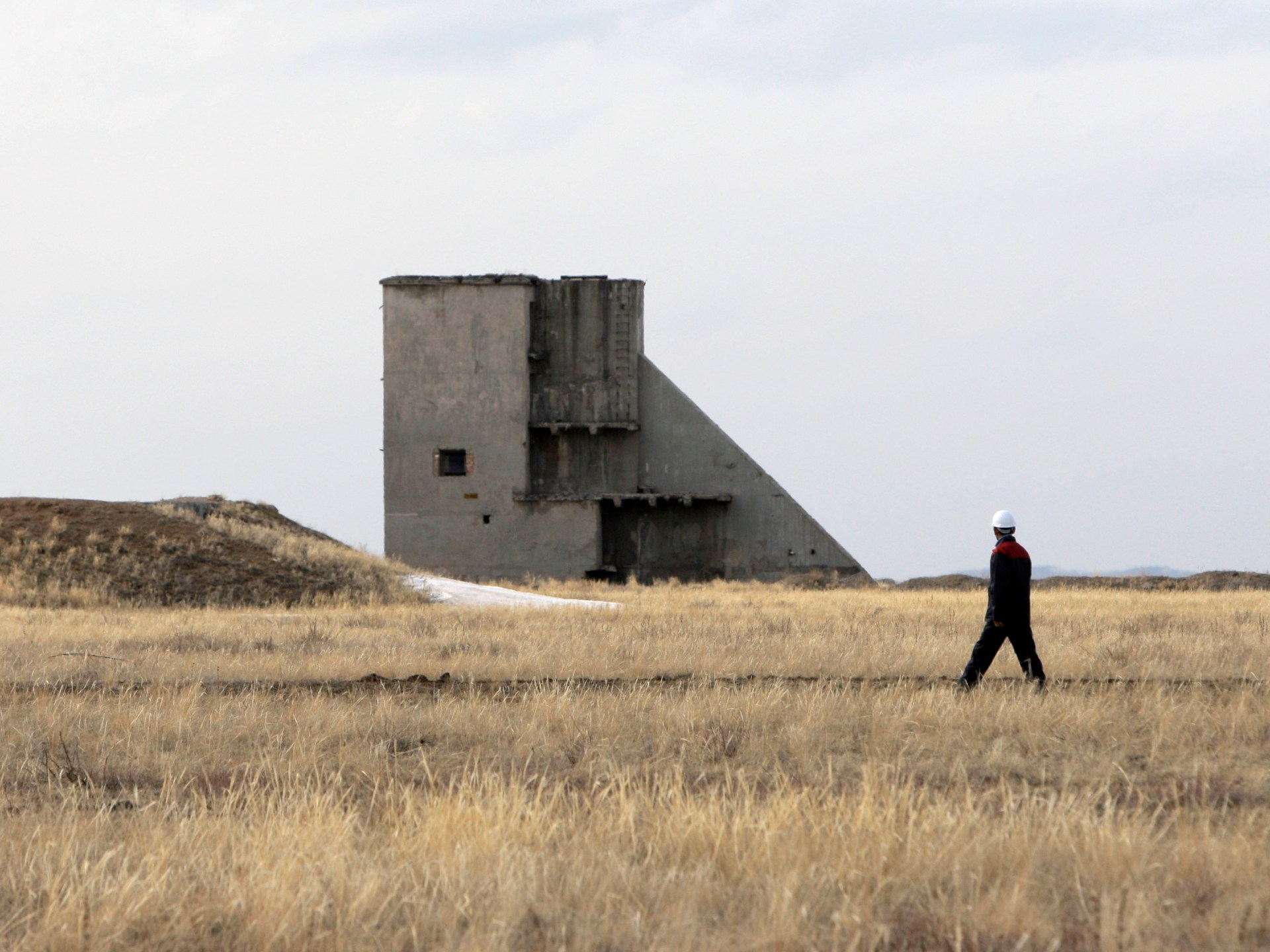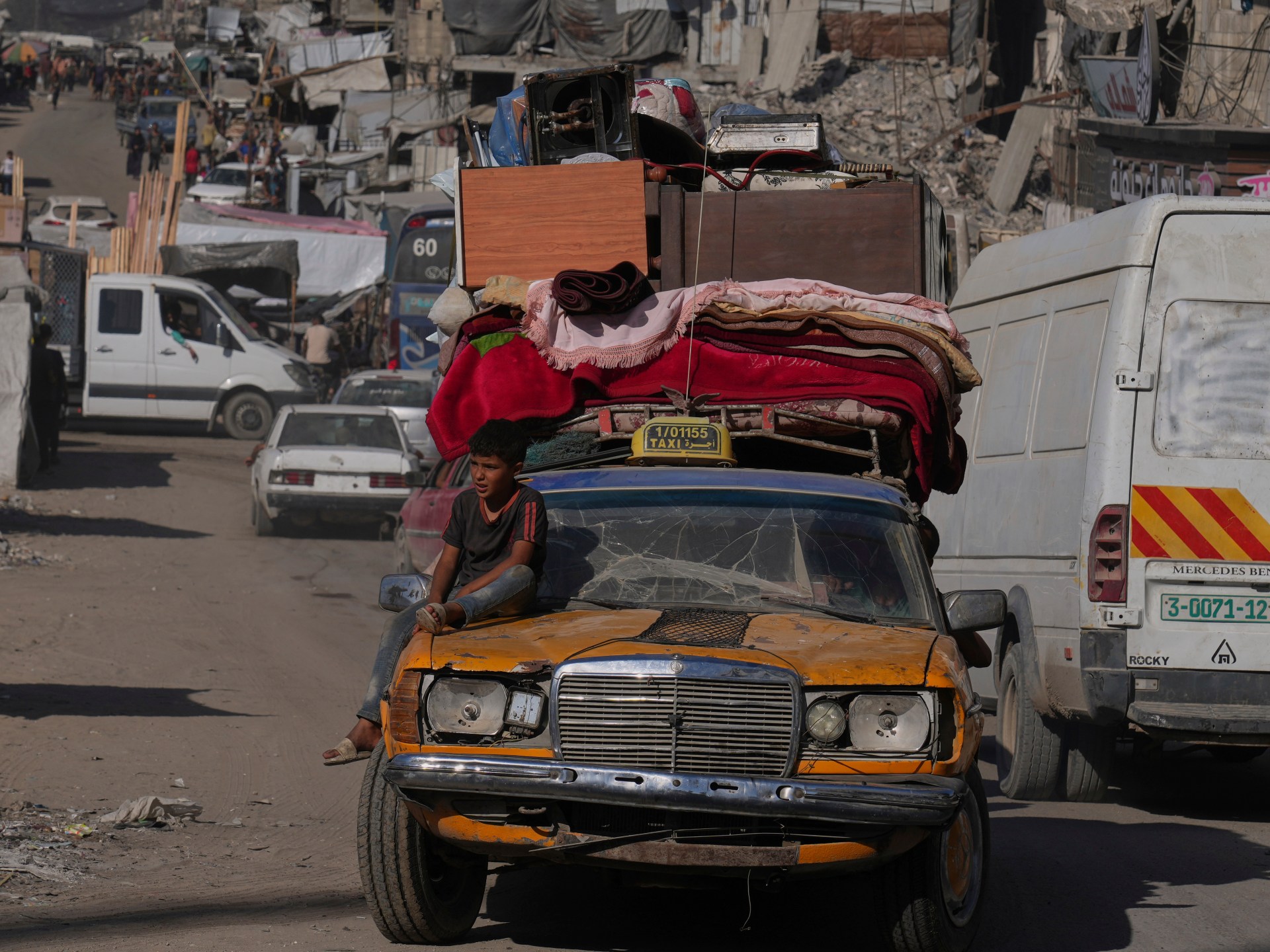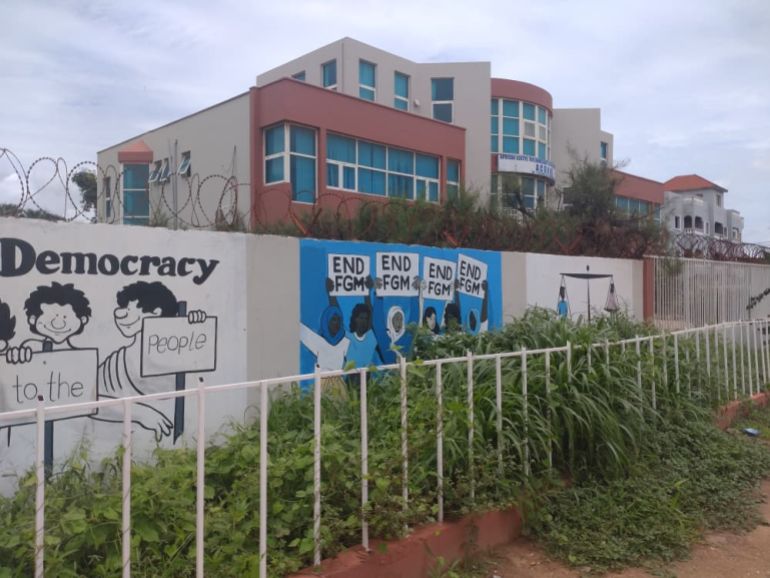Today, there is a greater nuclear threat than there has ever been since the Cold War. Unconstrained by the agreements that have long kept catastrophe at bay, the world is now in for a new arms race. Worldwide, it is estimated that there are 12, 241 nuclear warheads. Before our eyes, there is arms control unraveling: inspections under the last remaining arms control agreement between the United States and Russia are still being conducted, and there is no known successor to this agreement due to expiration in February 2026. The Comprehensive Nuclear-Test-Ban Treaty has not yet been implemented, the Intermediate-Range Nuclear Forces Treaty has been abandoned, and the Open Skies Treaty has not yet been implemented. The geopolitical landscape of the world is also more volatile than ever.
Everyone is aware that nuclear weapons are a threat in the very beginning. We are aware of their destructive abilities, which include instant annihilation, radiation sickness, cancer, poisoned land, and generations of suffering. The notion that countries are safe is becoming more and more popular internationally. They can provide a shield of deterrence, as it is true at the level of geopolitics. They are, however, a sword of Damocles soaring over all of humanity on a global scale. The greater the chance that deterrence will fail one day as we continue to pretend to be secure. With more and more military technology being reliant on artificial intelligence, this danger is getting even more alarming.
I am aware of this danger well, both in my body and in the history of my nation. I was born without arms, a legacy of the Soviet Union’s nuclear tests in my birthplace of Kazakhstan. More than 450 nuclear tests were carried out at the Semipalatinsk test site between 1949 and 1989. More than a million people were directly exposed to radiation, which has had the effects of cancer, birth defects, environmental destruction, intergenerational trauma, and other causes. The human cost of supposedly pursuing “national security” is demonstrated by my own life. To prevent another country’s tragedy from occurring anywhere else, I became an activist and painter who painted with my feet and mouths.
My nation has been a strong supporter of nuclear disarmament because of what Kazakhstan went through since its independence. We voluntarily gave up the fourth-largest nuclear arsenal in the world. The Semipalatinsk test site will permanently be shut down. In order to provide a global response to nuclear fuel crises, we established the International Low-Enriched Uranium Bank in partnership with the International Atomic Energy Agency. Kazakhstan is currently preparing to construct its first nuclear power plant. This is a crucial distinction because our nation does not oppose nuclear energy, which can be peacefully used to meet the growing electricity demand and reduce greenhouse gas emissions. However, the issue of nuclear weapons is entirely different. They only burn down homes; they don’t light them. The initiative of Kazakhstan at the UN, which was officially closed on August 29, was a result of this fact.
Kazakhstan has taken a stand. However, we are not the only ones fighting. If we want to reduce the threat posed by nuclear weapons, the world needs much more support. I understand that the utopian dream of a nuclear-free world may not be real right now. However, if only the will is found, the international community can take concrete steps right away to lessen the risk.
First, we must stop the absurdity of monitoring the behavior of thousands of warheads. Leaders are only given a few minutes to decide whether to unleash them, with about 2,100 still on short-notice alert. The risk of false alarms, technical issues, or even AI-driven misinterpretation increases intolerably in such a short amount of time. The most obvious near-term risk-reduction strategy is to stop these weapons from being present. Human survival shouldn’t depend solely on a quick decision.
Second, regardless of the political climate, nuclear-armed nations must publicly declare their end to the ban on nuclear testing. They should at least promise never to test again if they are unable to ratify the Comprehensive Nuclear-Test-Ban Treaty at this time. The victims of previous testing, from Semey to the Pacific and beyond, are owed the absolute minimum.
Third, we must reiterate the humanitarian principle that nuclear weapons are by nature inhumane. The Treaty on the Prohibition of Nuclear Weapons is founded on this principle. No state, no people, can ever adequately respond to the detonation of a nuclear device in a populated area, even if governments are unable to sign or ratify it.
Fourth, international pressure must be put to stop developing new nuclear-related frontiers. To ensure that space is free of these doomsday devices, we must reaffirm the ban on nuclear weapons in orbit. Additionally, every state should commit to ensuring that artificial intelligence will never be tasked with making nuclear use decisions.
Finally, forgetting is the biggest threat of all. On August 29, we should also commit to education and remembrance, as well as observe the International Day against Nuclear Tests. Every schoolchild should be aware of the events at Semey, Hiroshima and Nagasaki, and Bikini Atoll. Only when the world remembers our suffering, will it choose to end it once more?
It is possible, but it is not naive to envision a world without nuclear weapons. Kazakhstan reopened its nuclear arsenal and demonstrated what was still possible. Others can choose a nuclear-weapon-free path if a country that endured hundreds of nuclear tests. Is it still a question whether people have the guts to do it?






